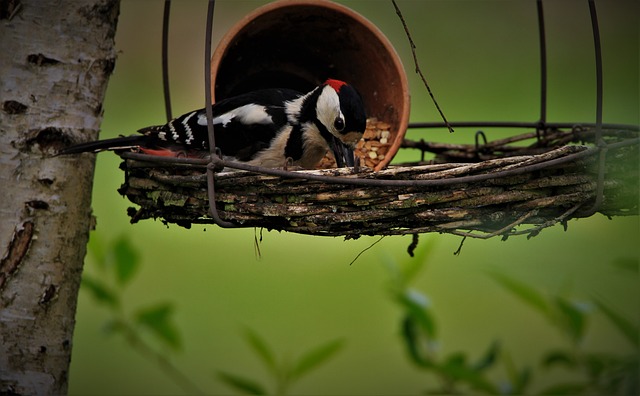bichos bizarro 😃 Bichos Bizarros: A Fascinating Exploration of Nature's Oddities

Bichos Bizarros: A Fascinating Exploration of Nature's Odditiesbichos bizarro
In the vast tapestry of life on Earth, the presence of bizarre creatures stands as a testament to the endless creativity of evolution. From the depths of the oceans to the canopies of dense forests, these unusual beings challenge our perceptions and expand our understanding of biology. While often dismissed as mere curiosities, these "bichos bizarros" offer significant insights into ecological balance, evolutionary processes, and the resilience of life itself.
The term "bichos bizarros" encompasses a diverse array of organisms that possess unusual physical characteristics, behaviors, or habitats. Examples range from the flamboyant axolotl, which retains its juvenile features throughout its life, to the enigmatic tardigrade, famously known for its ability to survive extreme conditions that would obliterate most other forms of life. These creatures not only highlight the remarkable variability within the animal kingdom but also serve as vital indicators of environmental health.
One of the most compelling arguments for the importance of studying bizarre animals lies in their evolutionary significance. Many of these species have adapted to niche environments, showcasing the intricate interplay between organisms and their habitats. For instance, the peculiar morphology of the platypus—a mammal that lays eggs and possesses a duck-like bill—illustrates the unique evolutionary paths that can arise from isolation and environmental pressures. Such adaptations not only provide a glimpse into the past but also inform scientists about the potential directions of future evolution.
Moreover, the existence of bizarre creatures often correlates with biodiversity, which is crucial for ecosystem stability. A rich variety of species contributes to a resilient ecological framework, where each organism plays a specific role. The decline or extinction of even the most peculiar species can have cascading effects, disrupting food webs and leading to unforeseen consequences. Therefore, the preservation of these organisms is not merely an issue of aesthetic appreciation; it is a vital component of maintaining ecological balance.bichos bizarro

The fascination with bizarre animals has also sparked a growing interest in conservation efforts. As habitats face unprecedented threats from climate change, pollution, and urbanization, awareness of the unique traits and vulnerabilities of these species can drive protective measures. Campaigns aimed at preserving the habitats of strange organisms often garner public interest, which can lead to broader conservation initiatives. Engaging the public with the stories of these creatures not only raises awareness about their plight but also fosters a sense of stewardship over the natural world.
In addition to their ecological importance, bizarre animals contribute to scientific research in profound ways. The study of their unique adaptations can inspire innovations in various fields, from medicine to engineering. For example, the remarkable resilience of tardigrades has intrigued researchers seeking to develop new preservation techniques for biological samples and even human cells. Similarly, the regenerative capabilities of the axolotl are being explored for insights into wound healing and tissue regeneration. Thus, these creatures serve as living laboratories, offering clues that could lead to groundbreaking advancements.
Furthermore, the cultural significance of bizarre animals cannot be overlooked. They are often at the center of folklore, art, and media, captivating audiences and sparking imaginations. This cultural representation plays a crucial role in shaping public perceptions of wildlife and the environment. By highlighting the extraordinary features of these creatures, we can cultivate an appreciation for the diversity of life and encourage a more profound respect for nature.bichos bizarro
bichos bizarro

Fale conosco. Envie dúvidas, críticas ou sugestões para a nossa equipe através dos contatos abaixo:
Telefone: 0086-10-8805-0795
Email: portuguese@9099.com


